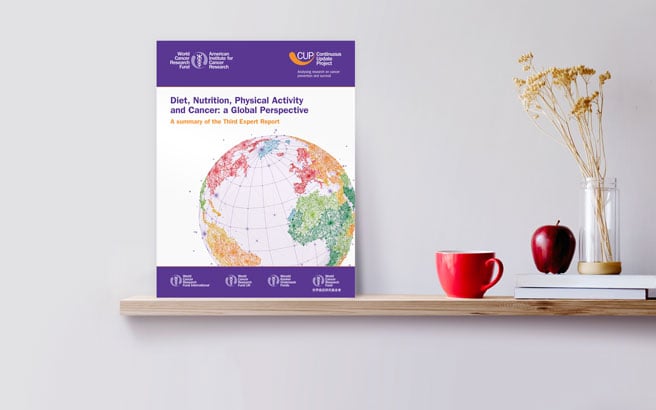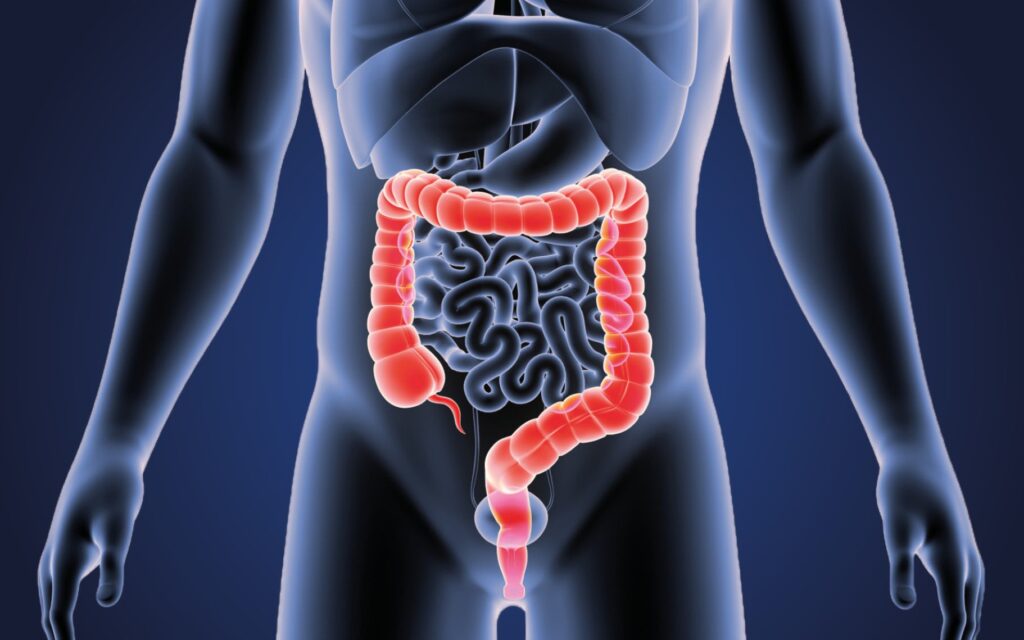News and blogs
Latest news, updates and blogs from World Cancer Research Fund.

Will new junk food legislation work?
The UK government’s long-awaited junk food advertising restrictions have come into force at the start of 2026

A blueprint to beat cancer
Kate Allen introduces our groundbreaking cancer prevention and survival report

Our new online Cancer Health Check: we put it to the test!
We’ve created an easy online quiz, our Cancer Health Check

New research on public awareness and knowledge of cancer prevention
Lynch Syndrome carriers have a higher risk of certain cancers, so reaching these people with health information can have a big impact

Start your day right
Get your mornings off to a great start with our healthy breakfast tips and ideas

Diet, nutrition and the changing face of cancer survivorship
How can diet and physical activity support patients to better respond to treatment and live a longer and healthier life after diagnosis?

Women in Science: Past, Present and Future
World Cancer Research Fund is supporting the third International Day of Women and Girls in Science

Beyond nutrients: alternative approaches to analysing dietary intake data
An update from the IUNS 21st International Congress of Nutrition and recent developments in the analysis of dietary intake data

Sugar Awareness Week: Top tips to help you consume less sugar
Want to get involved in Sugar Awareness Week, but not sure where to start? Here’s some tips to help you reduce your sugar intake.

Could soy products affect my risk of cancer?
We’re often asked whether soy products affect a person’s risk of cancer – with mixed beliefs about whether it will…

How digital media markets unhealthy foods to children
In the new digital media landscape, children and young people are more vulnerable than they are to television advertising effects

Positive steps to decrease colorectal cancer risk
Colorectal cancer is one of the most common cancers, but our new report confirms that it is also one of the most preventable

5 easy ways to cook fish
Fish can be an important part of a healthy diet and help you eat less red meat – we show you how to grill, poach, bake, steam and stir fry fish